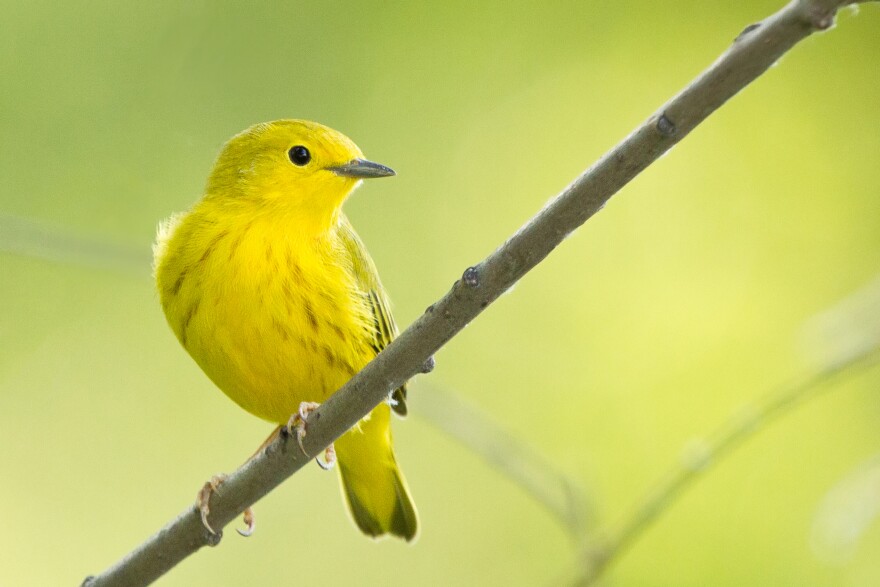Last December, we told you about Idaho researchers studying the impact of road noise on animals in Boise’s Foothills. Project Director Jesse Barber, Associate Professor at Boise State University, built a “phantom road” in the forest. Now, study results are in.
Researchers found that road noise did have an effect on birds.
Dr. Christopher McClure is a biologist at Boise State. He told the British newspaper the Telegraph that traffic noise scared off migratory songbirds.

“Our results demonstrate that noise alone is enough to cause some birds to avoid a site — suggesting that road noise might be, in some instances, the main driver of the effects of roads on animals," McClure told the newspaper. “Migrating birds might strongly avoid noise because of their inherent mobility — they can easily avoid a noisy site, given there are other suitable, quieter areas nearby.”
The BSU team concentrated on migratory songbirds. Barber set up a “highway” in the forest. He used the recorded sound of cars to imitate a real roadway. The road was about 700 meters long, and made out of 15 different speakers, all playing road noise at the same time.
The team caught birds that came near the phantom road in special nets hung up between shrubs.
At another site, away from the road noise, a different team also caught and charted birds. The two sets of data were crunched by project supervisor Jesse Barber and have just been published in the journal Proceedings of the Royal Society B: Biological Sciences. Here’s part of what they found:
"Our phantom road—an array of speakers broadcasting road noise into a roadless landscape—allowed us to isolate the effects of noise. The decline of bird abundance by over one-quarter along the phantom road, and the almost complete avoidance of two species by our treatments, suggests that road noise is a major driver of the documented effects of roads on wildlife. Therefore, our results experimentally validate the observational conclusions of past researchers—that negative effects of roads on animals can be driven by traffic noise."

The team found that cedar waxwings and yellow warblers almost completely avoided the phantom road when traffic noise was playing on the speakers. Other species were affected as well, with the study finding that when the noise was on, fewer birds were present near the phantom road.
Why did the birds stay away? The Telegraph says the scientists “believe the noise of roads may drive birds away because it makes it harder for them to listen for predators and can mask their own songs.”
Jesse Barber says the research is important because scientists can use it to “try and make roads quieter, while still getting the same number of people through an area.” He says changing where roads are built or slowing cars down can decrease road noise.
Copyright 2013 Boise State Public Radio




